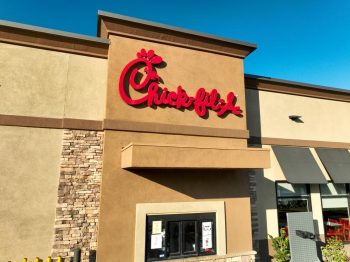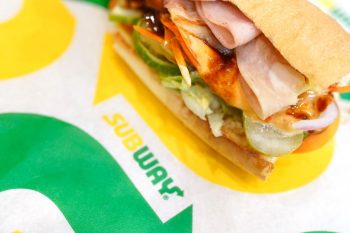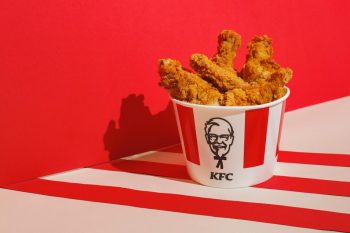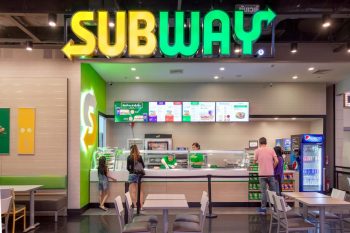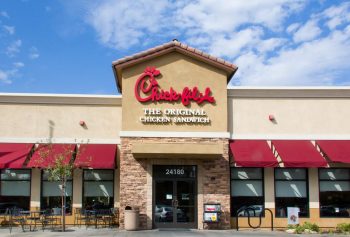
The history of McDonald’s and its iconic French fries is a tale steeped in culinary lore. The golden, crispy fries have been a staple of the McDonald’s menu since the fast-food chain’s inception. However, there was a significant shift in 1990 that forever altered the taste and health profile of these beloved fries. That year, McDonald’s stopped frying their fries in beef tallow and made the switch to vegetable oil.
McDonald’s stopped frying their fries in beef tallow in 1990. The switch to vegetable oil was primarily driven by health concerns and pressure from health campaigners who were advocating for healthier, low-cholesterol diets. The change allowed McDonald’s to claim their fries had no cholesterol and a 45% decrease in fat.
The Switch to Vegetable Oil
The primary reason McDonald’s made the decision to stop using beef tallow was due to health concerns and pressure from health campaigners. Phil Sokolof, an advocate for healthier, low-cholesterol diets, led a campaign against McDonald’s use of beef tallow after having a heart attack at the age of 43. He spent $14 million criticizing brands that sold unhealthy fast food and founded the National Heart Savers Association in 1985. By 1990, McDonald’s had succumbed to the pressure and switched from beef tallow to vegetable oil. This allowed McDonald’s to claim that its fries had no cholesterol and a 45% decrease in fat.
The Impact on Taste
The change from beef fat to a different oil affected the taste of McDonald’s food, particularly their French fries. Many customers noticed that the new texture and taste of the fries were not up to the mark. To win customers back, McDonald’s added natural beef flavoring to their ingredients.
Public Reaction
The public reaction to McDonald’s change in cooking oil was mixed. Some customers were disappointed with the change in taste and texture, leading to dissatisfaction among some consumers. To compensate for the loss of meaty flavor, McDonald’s added “natural beef flavor” to the fries, which sparked controversy among vegetarians and Hindus who were unaware of the beef flavoring.
Health and Environmental Considerations
In the early 1990s, McDonald’s switched from using beef tallow to vegetable oil due to growing health concerns about saturated fat and its link to heart disease. The new oil blend, which is canola-based and includes corn and soy oils, produces less of the type of cholesterol that can lead to strokes and heart attacks, and it also reduces the levels of dangerous trans fat.
How McDonald’s Compares to Other Fast Food Chains
McDonald’s currently uses a combination of oils, including canola, soybean, and maize oil, to cook their cuisine. This is similar to other fast-food chains, which also use a variety of oils for frying. For example, most restaurants use canola oil, peanut oil, and other blended seed oils for frying. Wendy’s uses a blend of vegetable oils, which is considered healthier than peanut oil. Chick-fil-A uses refined peanut oil to cook its chicken and canola oil to cook its French fries.
Conclusion
McDonald’s decision to stop using beef tallow and switch to vegetable oil was a significant shift in the fast-food industry. This change was driven by health concerns and pressure from health campaigners. While the switch had some negative impacts on taste and consumer satisfaction, it also led to a decrease in the levels of cholesterol and fat in McDonald’s fries. Today, McDonald’s continues to evolve its cooking oil practices, focusing on health, sustainability, and environmental considerations.
Frequently Asked Questions
What is beef tallow?
Beef tallow is a hard, fatty substance made from rendered, or purified, beef fat. It is a form of pure, high-quality fat that does not contain water or proteins. In the past, it was commonly used in cooking for its rich flavor and high smoke point.
Why did McDonald’s add “natural beef flavor” to their fries?
After switching to vegetable oil, McDonald’s fries lost their unique, meaty flavor that was a result of frying in beef tallow. To compensate for this loss and to win back customers who were unhappy with the change in taste, McDonald’s added “natural beef flavor” to their fries.
Are McDonald’s fries vegetarian or vegan?
No, McDonald’s fries are not vegetarian or vegan. They contain “natural beef flavor,” which is made from milk and wheat derivatives. This has caused controversy among vegetarians, vegans, and certain religious groups who do not consume beef.
What is the current oil blend that McDonald’s uses?
McDonald’s currently uses a blend of canola oil, corn oil, and soybean oil for frying their foods. This blend is lower in saturated fat and cholesterol compared to beef tallow.
How does the oil blend McDonald’s uses compare to other fast-food chains?
The oil blend that McDonald’s uses is similar to what many other fast-food chains use. Most chains, like Wendy’s and Chick-fil-A, also use a blend of vegetable oils for frying. However, the specific blend can vary – for example, Chick-fil-A uses refined peanut oil for its chicken and canola oil for its fries.


